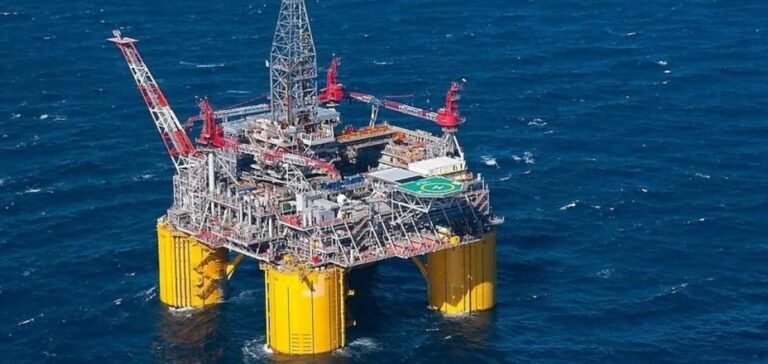Shell announces its new subsea link, Dover, in the Gulf of Mexico. The company announced the final investment decision (FID ) for Dover, planned for the Shell-operated Appomattox production hub in the Gulf of Mexico (GoM) in the United States. Dover is expected to begin production in late 2024-early 2025 and produce up to 21,000 barrels of oil equivalent per day (boe/d) at peak rates. The move is part of Shell’s Powering Progress strategy to thrive in the energy transition, which includes increasing investment in low-carbon energy solutions.
Dover, a strategic decision to strengthen Shell’s position
Dover is located in the Mississippi Canyon, approximately 170 miles southeast of New Orleans, Louisiana, at a depth of 7,500 feet. Shell has a 100% interest in Dover. The development concept for Dover is a subsea link to the Shell-operated Appomattox production hub, with two production wells produced through a 17.5-mile pipeline. Shell operates Appomattox with a 79% interest, with CNOOC controlling the remaining 21%. This decision underscores Shell’s long-term commitment to the U.S. Gulf of Mexico, which has one of the lowest greenhouse gas (GHG) intensities for oil production in the world.
Shell bets on renewable energy while continuing to extract oil with Dover
Shell continues to pursue the most efficient and cost-effective downstream investments to provide safe and secure sources of energy today and for decades to come. In addition to operations in Brazil and the U.S. Gulf of Mexico, Shell’s offshore portfolio also includes frontier exploration opportunities in Argentina, Mexico, Suriname, Sao Tome & Principe, Argentina and Namibia. Shell believes that the energy future is hybrid and that the energy transition is one of the biggest challenges facing society.





















